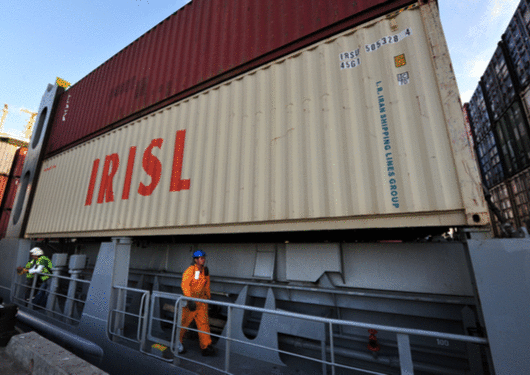
Visit Our Sponsors |
|
|
|
|
|
|
|
|
|
|
|
|
|
|
|
|
|
|
|
|
|
|
|
|
|
|
|
|
|
|
|
|
|
|
|
|
|
|
|
|
|
|
|
|
|
|
|
|
|
|
|
|
|
|
|
|
|
|
|

The number of attacks hit 346 in 2016, while over the past 10 years an average of 3.1 have taken place each week. Incidents have included attacks on oil infrastructure, hijacking, cargo theft, contraband smuggling, extortion and kidnapping.
“This causes considerable direct and indirect economic costs, disrupts the international movement of freight and creates reputational risks to organisations,” said BSI.
Over the past decade supply chains have been attacked in 58 countries, with Colombia, India and Turkey forming hotspots.
Terrorism related to the Syrian conflict forced Lebanese officials to reroute $1bn worth of exports, resulting in a $754m revenue loss for the Jordanian trucking industry, said BSI.
Increased security measures as a result of attacks impose indirect costs on international trade and supply chains by disrupting the flow of cargo, particularly across borders, slowing the movement of freight and increasing shipping costs.
RELATED CONTENT
RELATED VIDEOS
Timely, incisive articles delivered directly to your inbox.


